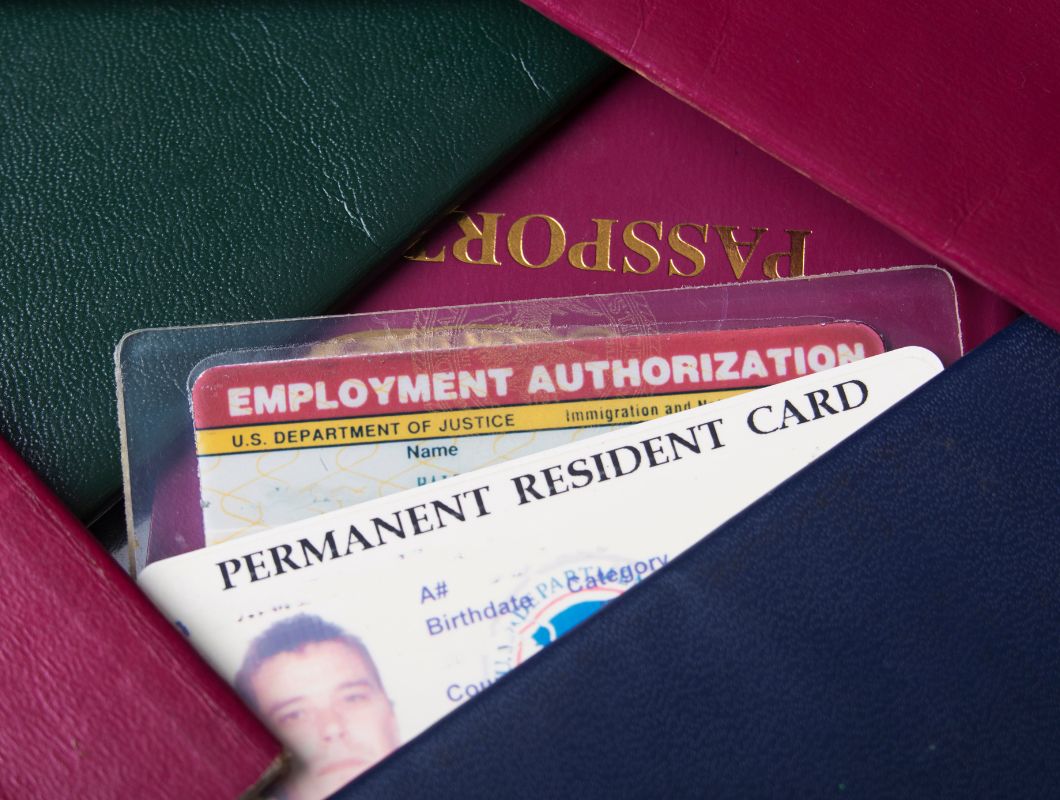Arrest in immigration courts, Trump's new tactic
ICE is detaining immigrants at court, targeting recent arrivals & those with records. Consult a lawyer before attending.
Learn moreimmigration court arrests
ice tactics in court
trump immigration policy
In recent weeks, we have heard reports that ICE agents are detaining and arresting people when they attend court in several immigration courts, including Chicago, Miami, and California. We have not yet heard of this practice in Detroit, but it appears to be a national plan.
What is happening is that in several cases, immigration authorities are asking the judge to dismiss the cases, especially those of people who have been in the United States for less than two years, and then ICE agents are waiting outside the courtrooms to detain them and take them into custody. This is also happening when people lose their cases, especially if they have a criminal record.
This is a tactic that has not been seen in a long time and is obviously being used to instill fear and intimidate immigrants so they do not attend court. The problem is that by not attending court, the judge will automatically sign a deportation order in their absence, which is even worse because it will then be more difficult to appeal or do anything about the case.
In most cases, people who are detained in immigration courts can apply for asylum through what is called a credible fear hearing, but while they remain detained in immigration jails, it is difficult not only to win the credible fear hearing, but also most do not qualify to apply for release on parole by paying a bond.
Today more than ever, it is important that before going to immigration court, you consult with an attorney. Although you will not always know the tactics that ICE agents will use, at least you will have an attorney who can give you more ideas about the options you have and help you prepare. It is very important that you are prepared for the possible consequences because there is not always something that can be done to avoid them.
You must understand that in some cases there is no better option. On the one hand, by attending immigration court when you have to go in person, you run the risk of being detained, but on the other hand, not attending in the long run is worse.
They should also understand that even if they are not arrested immediately in immigration court when they leave the hearing, immigration agents may show up at their homes in the following weeks or months with the intention of detaining them.
Unfortunately, we are seeing that Trump's anti-immigrant policy has no limits and the idea is to intimidate, mistreat, and create terror in the immigrant community, especially the Latino community, although it can also happen to immigrants from other countries and continents.
We will continue to monitor whether these tactics reach the Detroit courts, but for now it is best to ask your attorney to request that your case be heard by video, which is sometimes an option in immigration courts, although this does not mean that if your case is dismissed or lost, agents cannot subsequently be sent to detain you.
We must continue to make these cases public in the community at large so that people know what is happening. Currently, one of the problems is that Trump's immigration policy is gaining popularity by focusing only on the few cases of people with criminal histories to make it seem like most of the people detained and deported are criminals, rapists, murderers, or drug dealers, when the reality is that less than 5% of these immigrants have been detained for serious criminal cases. The rest of the people have committed no more than minor offenses such as driving without a license, and most are parents, spouses, children, and siblings of U.S. citizens who have worked hard to support their families with dignity and contribute to the U.S. economy.
We must continue to say NO to Trump's policy of hate, holding demonstrations and pressuring politicians, as groups such as Cosecha and other human rights organizations are doing, so that the public realizes what is happening.
Being a light in the darkness, Yes we can!





.svg)

.svg)
.svg)
.svg)